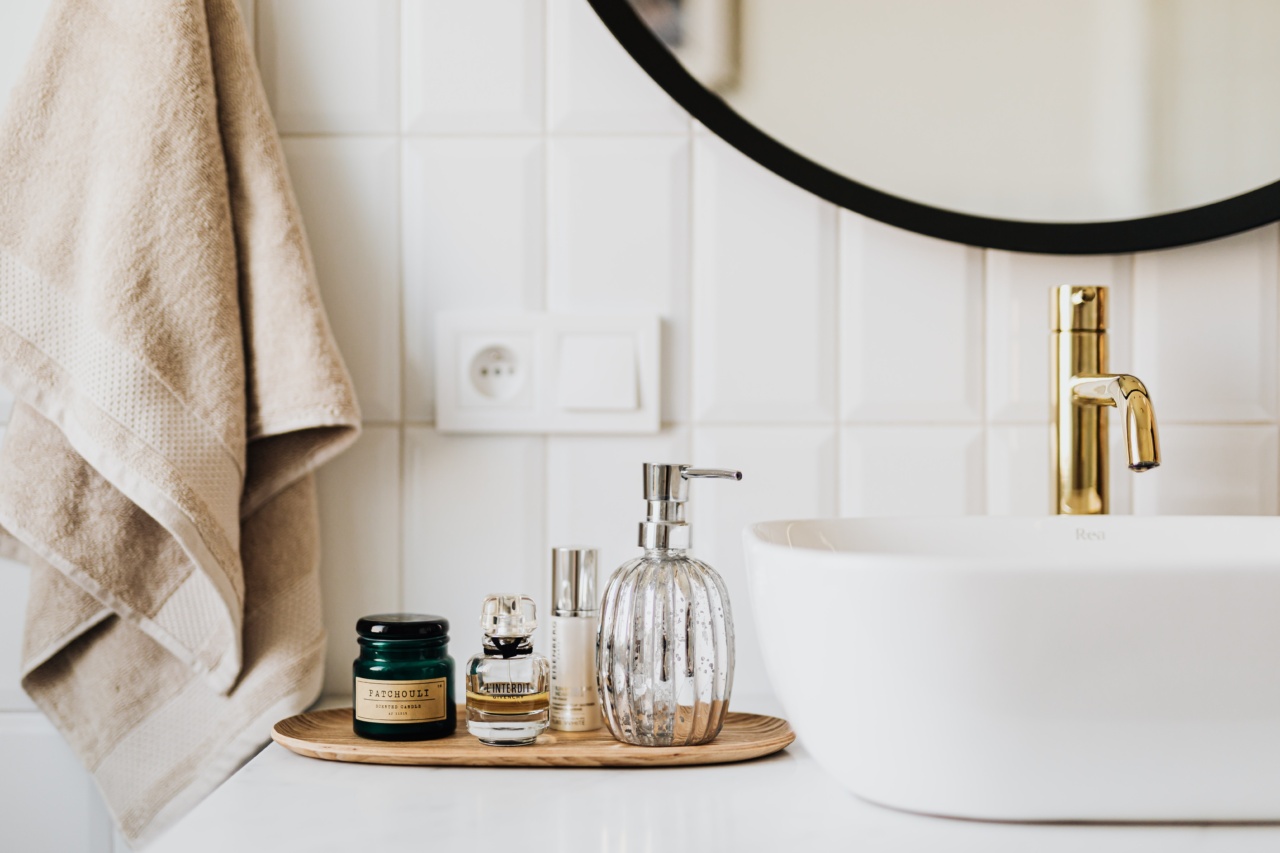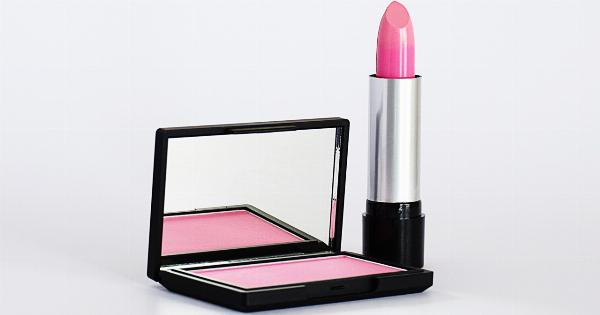We all want to have healthy skin and maintain a glowing complexion, but did you know that your skincare routine could be the culprit behind acne breakouts and other skin issues? Surprisingly, your skincare could be a source of germs that you didn’t know even exist!.
What Are Germs And Bacteria That Can Be Lurking In Your Skincare Routine?
When talking about skincare germs, the most common things that come to mind are bacteria and viruses that cause colds and flu.
But skincare germs range from various fungi, viruses, bacteria, and other microbes, which can lead to skin infections, allergies, and breakouts. Since personal care products are water-based and loaded with nutrients, they can serve as an ideal breeding ground for micro-organisms. The main types of germs can be lurking in your skincare includes:.
1. Bacteria and Viruses
Bacteria and viruses can grow in skincare products that include emulsion, water, or oil-based substances. These types of skincare ingredients are particularly susceptible to bacterial growth and can thrive in these environments.
It is crucial to pay attention to product packaging because they come into contact with various surfaces. Some bacteria will grow on your face and occur naturally, while others result from contaminated products.
2. Yeast and Mold
Yeast and mold thrive in water-based skincare products that have not been adequately preserved or have been exposed to moisture. They can cause infections and allergies on the face and can cause spots to appear that look like pimples.
3. Demodex mites
Demodex mites are tiny microscopic creatures that live on the face, mainly around the hair follicles. These mites are visible only under a microscope, but they feed on dead skin cells, oil, and sebum.
They are not harmful when they are present in low concentrations. However, when they multiply on the skin, they can contribute to inflammatory skin issues such as rosacea.
4. Denatured Alcohol
Denatured alcohol or SD alcohol, often found in toners and astringents, is known for its antimicrobial properties. However, the use of this ingredient can have adverse effects on the skin.
Denatured alcohol dries out the skin, which can cause acne, blemishes, and increased oil production, which makes it a breeding ground for bacteria and other germs.
5. Mineral Oil
Mineral oil is a byproduct of petroleum that is found in some moisturizers, baby oil, and lip balms.
Although it doesn’t support bacterial growth, it’s a poor skin conditioner and clogs pores, creating a breeding ground for microbes responsible for acne breakouts and skin inflammation.
How Can You Prevent Germs in Your Skincare Routine?
The cause of skincare-related infections and allergies is mainly due to cross-contamination, use of expired products, and lack of preservatives like parabens and formaldehyde. Here are some things you can do to avoid germs in your skincare routine:.
1. Look for Products That Have Preservatives
To prevent bacterial growth and microbial contamination in skincare products, preservatives must be included during manufacturing.
When purchasing skincare, choose products that contain at least one preservative, such as benzyl alcohol, potassium sorbate, or phenoxyethanol.
2. Use Products Within Their Shelf-Life
Expired products create a breeding ground for bacteria and other germs. To ensure that the products stay safe, check the expiry date or label when purchasing products and ensure that you use them before the indicated date.
3. Don’t Share Your Skincare Products
Sharing your skincare products with friends and family is a big no-no, as germs can quickly spread from one person to another.
To maintain healthy skin, avoid sharing your products and keep good hygiene practices in place by washing your hands before and after applying products.
4. Store Your Skincare Products Appropriately
Avoid storing skincare products in warm, damp, or humid places, as this creates favorable conditions for bacteria to grow.
Instead, store them in cool, dry areas with good air circulation, and make sure to keep the caps and lids tight to stop exposure to air and other contaminants.
5. Avoid Using Expired Products
Expired products can cause redness, swelling, blemishes, and other skin issues. It’s important to discard any expired products to avoid using contaminated products that can lead to skin infections, allergies, and other problems.
Conclusion
Healthy skin requires attention and care. When it comes to skincare, it’s essential to choose products with reliable preservatives and use them within their suggested shelf-life.
Storing skincare products appropriately and avoiding cross-contamination, whether with friends or family, are crucial elements in maintaining healthy skin. So, go ahead and read labels and choose a skincare routine that can keep germs in check and your skin healthy and radiant.































